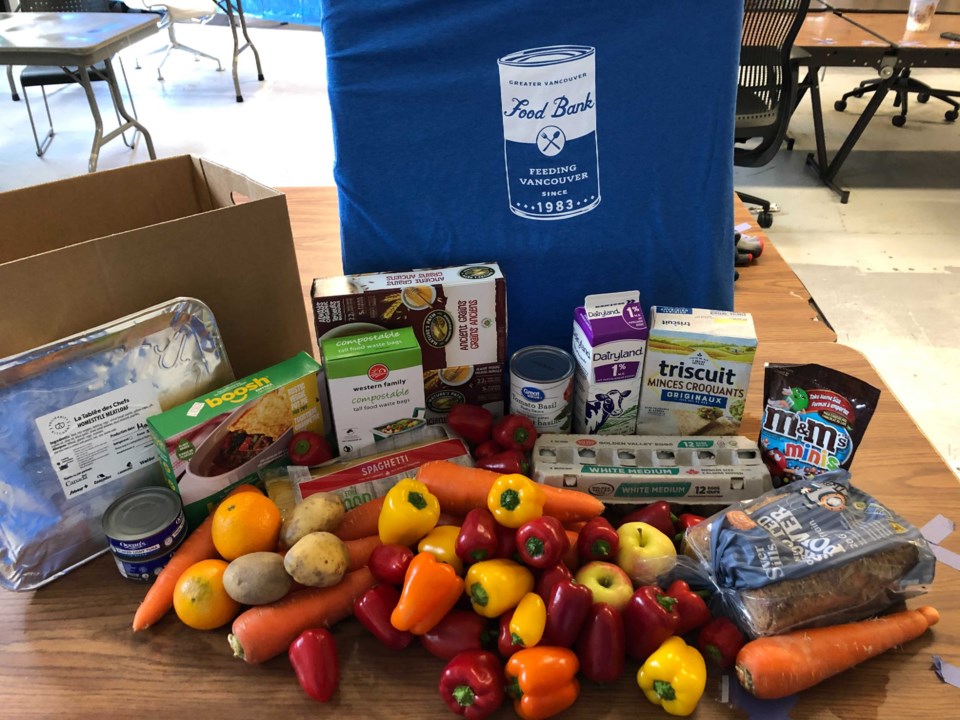Donations to local food banks are exceptionally high during the holiday season, but the reality is that many Burnaby community members struggle to put food on the table throughout the year.
To help meet this increased need, the Real Canadian Superstore at Metropolis at Metrotown in Burnaby and Wholesale West have launched their annual Spring Food Drive, which will run from March 31 through to the Easter weekend. Community members are encouraged to make a food or monetary donation in-store, which will go directly to supporting the Greater Vancouver Food Bank Society, which is based in Burnaby.
After two years of a long pandemic and winter, many local food banks are now in dire need of community support in order to continue to help feed growing numbers of hungry Canadians
“As we look forward to warmer days ahead, the reality is that the need for food banks remains high coming out of the winter months, especially given the challenges of the current economic environment,” said Kirstin Beardsley, CEO of Food Banks Canada. “That’s why we are so grateful for generous partners like Loblaw Companies Ltd., who step forward year after year to support our neighbours in need with initiatives like the Spring Food Drive.”
The NOW spoke with Stephen Tam, who is the manager of the Burnaby Real Canadian Superstore.
Compared to 2021, there is a growing need for support for food banks, Tam said.
“Last year alone, we had 1.3 million Canadians that made a visit to the food bank. And it's up 20% compared to the stats from 2019. So it's a growing number that we definitely want to be able to feed our community members that are in need,” said Tam.
The higher costs of living has led to more families and especially families with children to be food insecure.
“One out of eight households, they don't have access to enough food. So we do our best to feed all year round. Also, a little bit from the statistics, 33% of those in need of food are children,” said Tam.
Cash donations are best, but also nonperishable items are acceptable.
“The food bank prefers cash donations, because cash donations are used to purchase fresh produce, fresh dairy and protein. But traditional non-perishable goods, canned goods, and personal hygiene items help,” said Tam.



